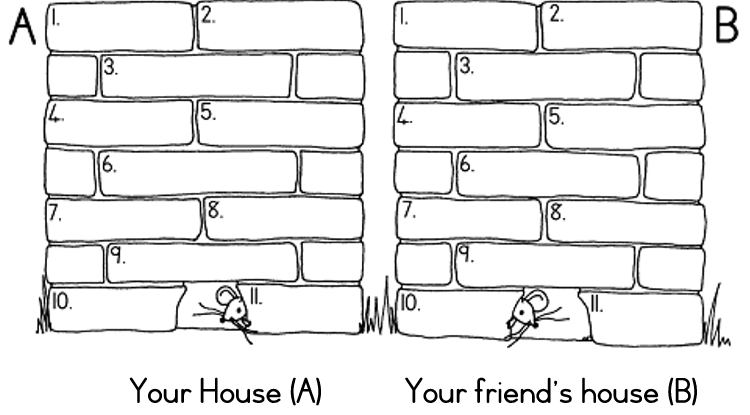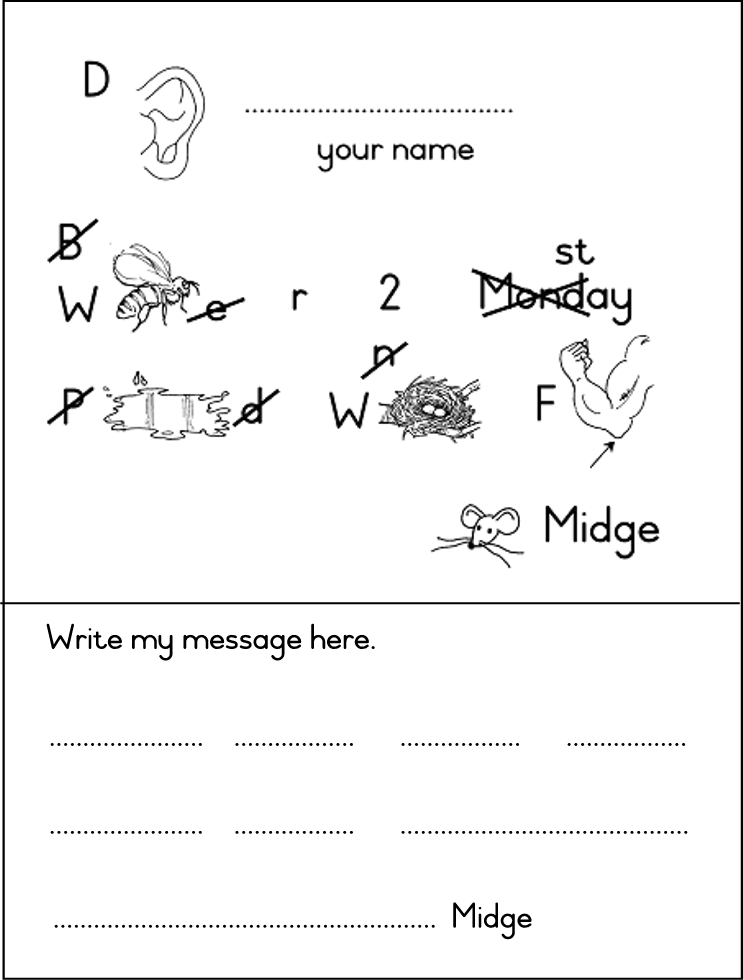| << Chapter < Page | Chapter >> Page > |
The ICS modules for Grade 3 encourage learners to do extensive reading, both fiction and non-fiction. They are given frequent opportunities to write and develop their vocabulary and language use. These developing skills are supported by techniques and strategies to develop phonic awareness. Word recognition and comprehension skills are practised and phonics systematically introduced and consolidated.
The learning outcomes for Grade 3 are purposefully integrated to enable learners to write about texts which they have listened to, discussed and read.
The topics chosen for the modules are of interest to the Grade 3 learner, within their range of experience and other learning areas, namely, Life Orientation and Mathematics are well integrated.
Learners in Grade 3 use their communication skills more effectively and given the opportunity, these can overcome social, cultural and language boundaries. They become more sensitive to the needs of everyone around them.
All aspects of language learning as described in the learning outcomes and assessment standards for Grade 3 have been covered in these eight ICS modules. By reinforcing, consolidating and applying these supported by the Critical and Developmental Outcomes, the learners will be able to think and reason in their home language.
All learners should work through all eight modules as the phonics and cursive writing requirements are spread over these modules. The educator should however allow learners to complete them at their own pace namely ± two modules per term.
Granddad says Midge and the mice family must move house because another danger is lurking outside. Midge is invited to spend a weekend with the learners. They discuss what they are going to do and write about their plans. Midge replies with an account of his weekend.
There are two poems to read and to discuss, words to arrange alphabetically, crosswords to complete and picture writing to puzzle out.
Library searches are done on owls and rodents and information ordered according to a spidergram.
Integration of themes
Midge helps learners to come to terms with differences in cultural and social habits.
Only use ar , are , ai , -ear words.

| LO 3.5.6 | LO 4.5.6 |
Your house (A) Your friend’s house
Your clues. His/her clues.
1. A horse
2. To climb.
3. Two of a kind.
4. Divide equally.
5. No clothes.
6. It twinkles.
7. On my head.
8. A . . . . . of honey.
9. A vehicle.
10. Hair on face.
11. Look after.
1. Not light.
2. Kind of rabbit.
3. Scarce.
4. A fox’s den.
5. We breathe . . .
6. Has wings.
7. Not far.
8. In my eye.
9. 12 months in a year.
10. Look hard.
11. . . . . . . animals.
| LO 3.5.6 | LO 4.5.6 |
“Totsiens, Midge.”
“Sala Kakuhle Midge.”
“Au revoir, Midge.”

| LO 1.3 | LO 1.4.8 | LO 2.5.4 | LO 3.5.1 |
Midge
P.O. Box 41
Durbanville
7551

| LO 2.2 | LO 3.5.1 |
Learning Outcome 1: LISTENING : The learner is able to listen for information and enjoyment and respond appropriately and critically in a wider range of situations.
Assessment Standard 1.3: We know this when the learner recognises and shows respect for different varieties of language;
Assessment Standard 1.4: We know this when the learner listens with enjoyment to stories, poems, songs and other oral texts and shows understanding;
1.4.8 draws pictures to illustrate understanding of the oral text, and writes it in own words.
Learning Outcome 2: SPEAKING : The learner is able to communicate confidently and effectively in spoken language in a wide range of situations.
Assessment Standard 2.2: We know this when the learner uses language imaginatively for fun and fantasy (e.g. telling jokes, creating own poems and code language).
Assessment Standard 2.5: We know this when the learner contributes to group and class discussions;
2.5.4 shows sensitivity to the rights and feelings of others;
Learning Outcome 3: READING AND VIEWING : The learner is able to read and view for information and enjoyment and respond critically to the aesthetic, cultural and emotional values in texts.
Assessment Standard 3.5: We know this when the learner reads reads for information and enjoyment;
3.5.1 chooses fiction and non-fiction books and says what was liked or not liked about them;
3.5.6 plays word games that draw on reading, vocabulary knowledge and skills;
Assessment Standard 4.5: We know this when the learner builds vocabulary and spells words independently:
4.5.6 uses knowledge of phonics and spelling rules to fill in the correct word in a sentence.

Notification Switch
Would you like to follow the 'English home language grade 3' conversation and receive update notifications?